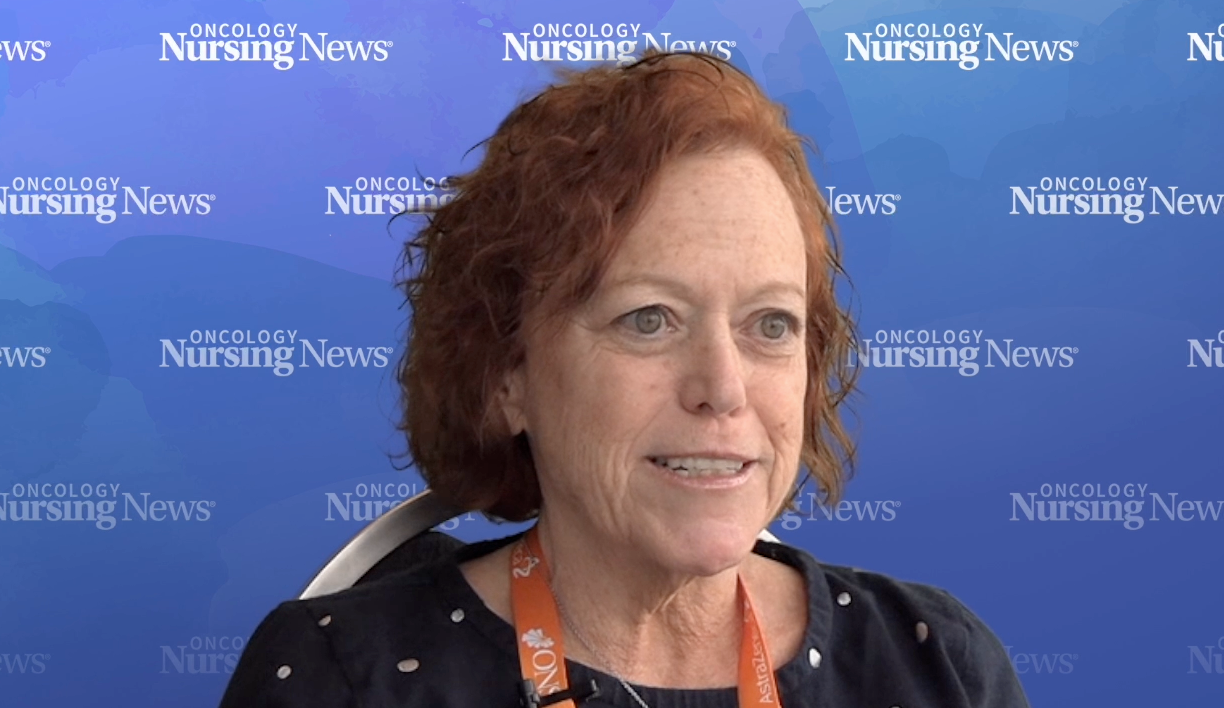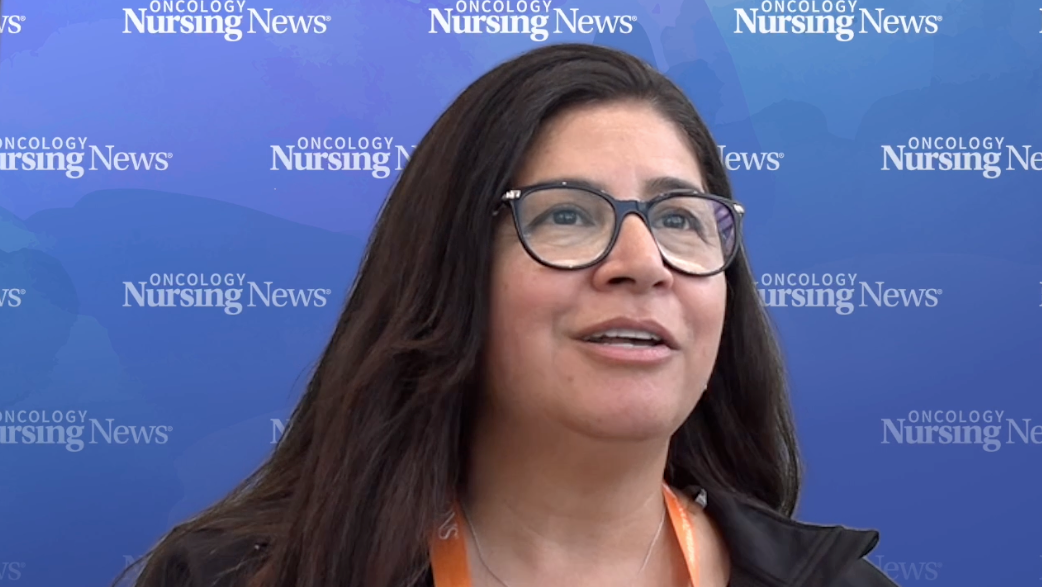The Price of Biosimilars
Part II of a series on these new agents
As noted in part I, a biosimilar is a biological product that is “biosimilar” to or “interchangeable” with an FDA-licensed biological product. These agents have been available in Europe for several years but are not yet available in the U.S. On 1/7/15, a 14-member expert panel unanimously recommended that the FDA approves EP2006, which is a close copy of filgrastim (Neupogen). EP2006 was approved in Europe in 2009 as Zarzio but has not been used in the U.S., in part because no regulatory pathway exists to approve biosimilars in the U.S.
If the FDA accepts the panel’s recommendation, it would open the door for producing biosimilars in the U.S., which are typically less expensive than the already-approved biologic agents. The savings in drug costs would be significant. According to the New York Times, Express Scripts notes biosimilars are about a third less expensive than brand-name biologic drugs in countries where they are in use and the cost savings may be significant for both the insurer as well as the patient.
Acalabrutinib Plus Chemoimmunotherapy Improves PFS in Mantle Cell Lymphoma
May 6th 2024Patients with untreated mantle cell lymphoma treated with acalabrutinib plus bendamustine and rituximab had significant improvements in progression-free survival compared with bendamustine and rituximab alone.




